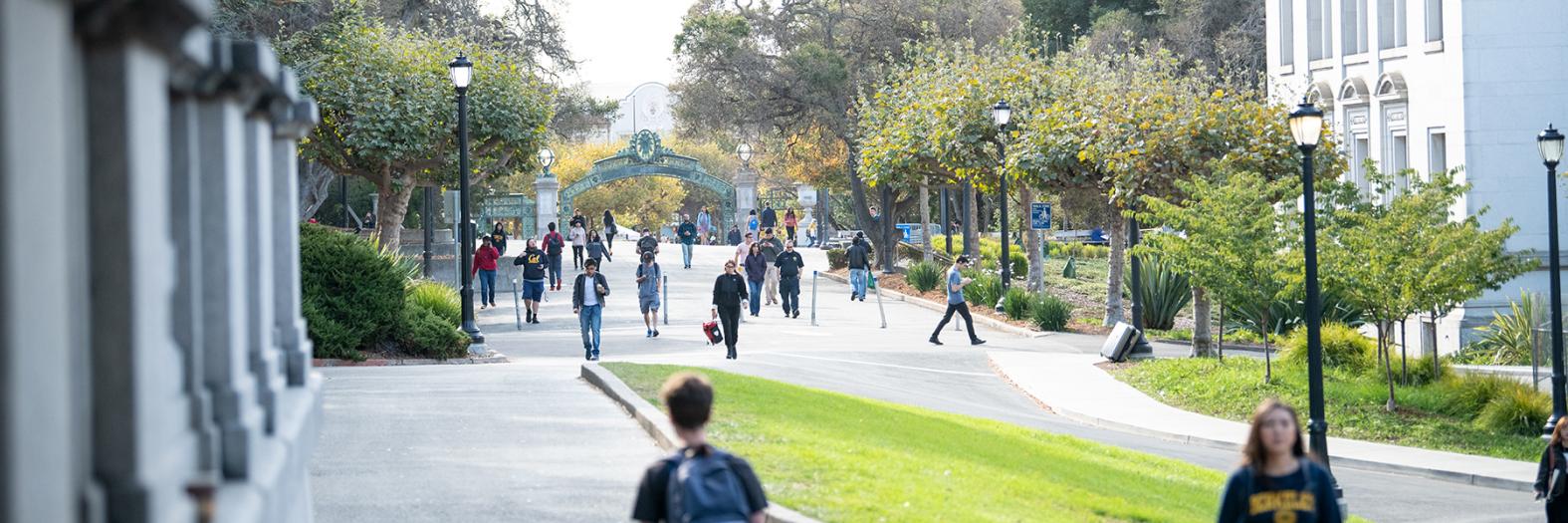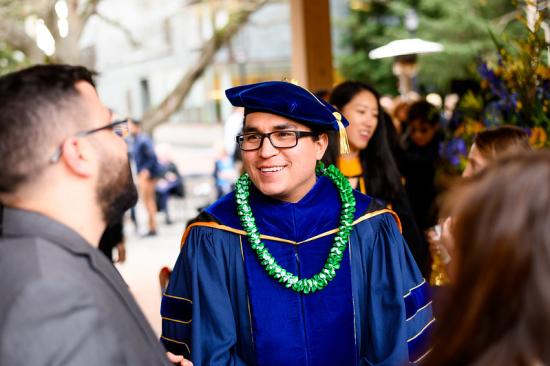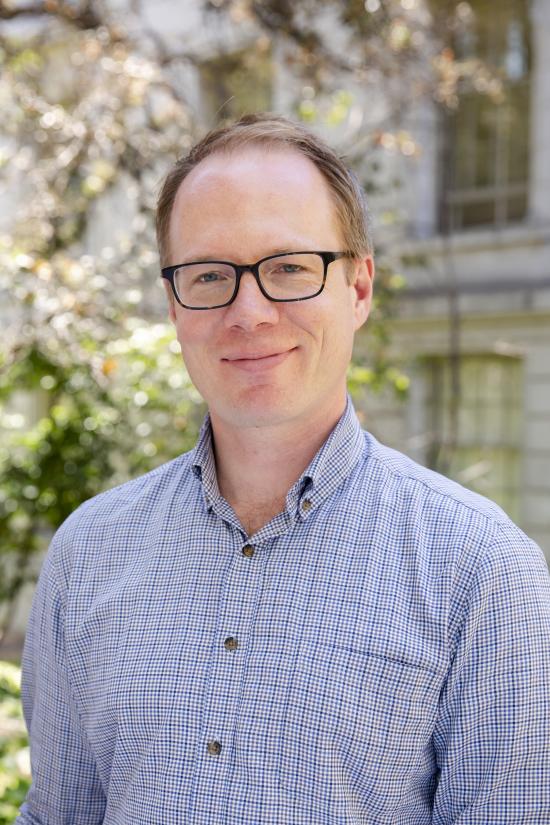Assistant adjunct professor Michael Rivera credits a University of California initiative with putting him on the path to his teaching career at the I School today. Rivera, who is an Equity & Inclusion advisor for the I School’s data science master’s program, grew up in Antioch, California in a blue-collar family where education was encouraged. “I happened to get this letter asking if I wanted to participate in an outreach program,” he said, “and I’m forever grateful that letter didn’t find its way into the trash.”
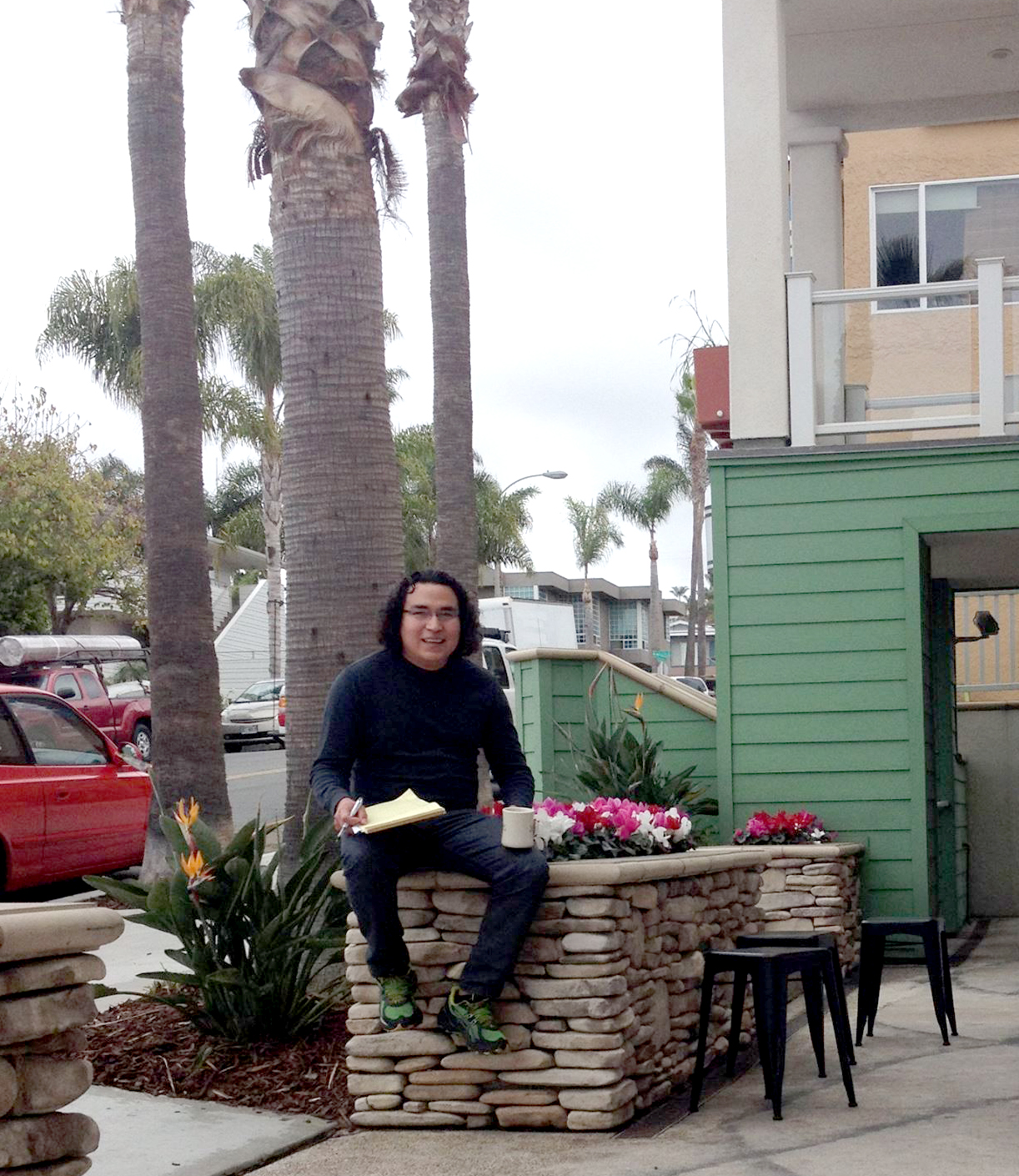
The letter was from UC’s Early Academic Outreach Program. The program helped him navigate the college essay and application process, and in many ways was the initial step Rivera — a first-generation college student — took to become a professor.
The University of California system has embraced first-generation students (those from a household with parents who have not attained a bachelor’s degree). More than 42% of UC undergraduates are first-gen with 26% of those who attend Berkeley falling into this category. The UC system educates more first-generation students than any other institution of its caliber, and views their success as mission-critical.
Getting to and through a doctoral program is a long road, whether you’re the first in your family to go to college or the thirtieth. But because first-generation students don’t have family who are familiar with ins and outs of academia — the application and financial aid process, the norms and procedures — this puts many of them at a distinct disadvantage, if only because there’s nobody to tell them how things work.
Assistant Professor David Bamman recounts that while he’s proud to have graduated from the University of Wisconsin, when he was applying to colleges as a first-generation student, it didn’t occur to him that Ivy League schools were an option for him — not because they might prove too difficult, but because they seemed outside the realm of financial possibility. “I only applied to two schools,” he said. “And looking back, now that I’m immersed in the academic world, I know that colleges have financial aid, scholarships, and it doesn’t have to be burdensome.” One of the difficulties of being first-gen he said, is that “you don’t know how to navigate the landscape, and you may not have access to good information.”
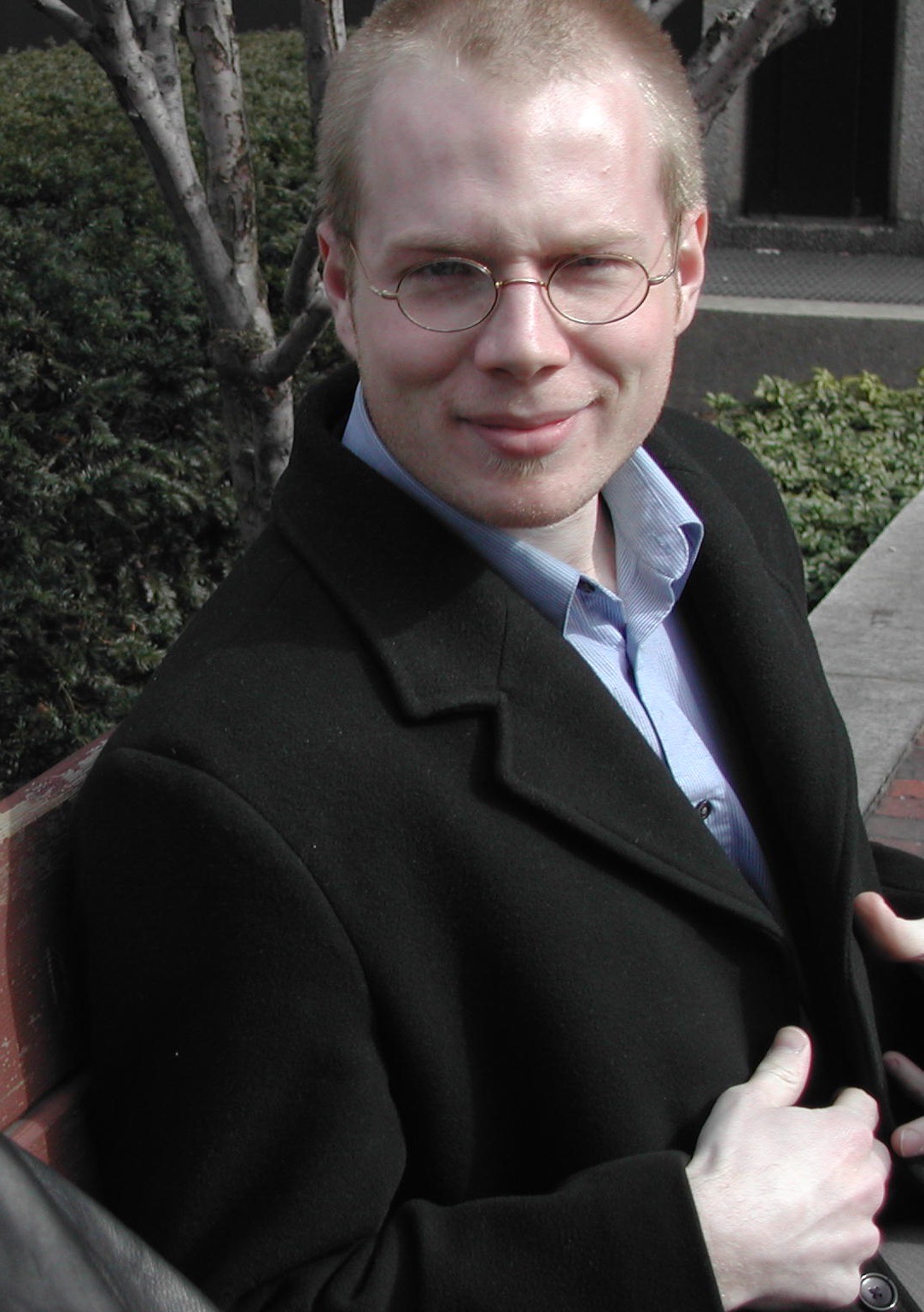
This is a key issue for first-gens: whom do you ask? How do you even know which questions to ask? We asked Professors Bamman and Rivera how their experience being first-generation scholars informs their relationships with I School students, and if they had any advice for those who might be trying to go it alone. Here’s what they shared:
Find a mentor
One factor that’s been found to positively impact student success is mentoring, which may be especially true for first-generation college students. Students at both the undergraduate and graduate levels report that mentoring helped them develop skills and behaviors necessary to succeed professionally. Whether this is a formal relationship within a structured mentoring program, or simply identifying a professor they feel comfortable enough to reach out to, these relationships make a difference.
“When faculty members identify themselves as mentors who have experienced many of the same circumstances and challenges, it creates an environment where students are more comfortable seeking guidance,” said former University of California President Janet Napolitano. “Students are inspired to achieve.”
Professor Rivera agrees. In his own dealings with students, he tells them that if they’re going to pursue additional education — or even go into industry — it’s incredibly helpful to identify a mentor who can help provide a framework. “It keeps you from going into situations blind,” he said. It helps to have someone you trust apprise you of the unwritten rules and norms of your chosen field.
Use faculty as a resource
Professor Bamman tells students to use faculty office hours, even if they don’t have specific questions to ask. “Given my own background,” he said, “I didn’t understand what the advising landscape was or really know who to talk to to get info that would help me plan for the future. Students should use us (faculty) as a resource.”
Share
In office hours, it’s acceptable for students to share their experience with an instructor: they’re human, and it’s likely that they can relate. “It’s OK for students to say ‘I’m struggling,’ or that they’re the first in their family to go to grad school and they’re feeling out of sorts,” Rivera said.
Connect with an affinity group
Whether it’s to make professional connections or simply to make friends, getting involved with an affinity group, like the Black Graduate Engineering and Science Students group or Society of Women Engineers at UC Berkeley, or a student organization like the I School’s Information Management Student Association (IMSA), provides a link to others who have a shared interest and experience.
Trust that people are on your side
Students are often juggling jobs, family, or other responsibilities, and may feel as if they are the only one to have ever been in their situation. Professor Bamman says he’s very aware that school is not the only thing students have going on. “I try to be sympathetic because I understand the demands students have in their lives.”
Reach out. Build a support system. Trust that you belong and that others have been where you are.










